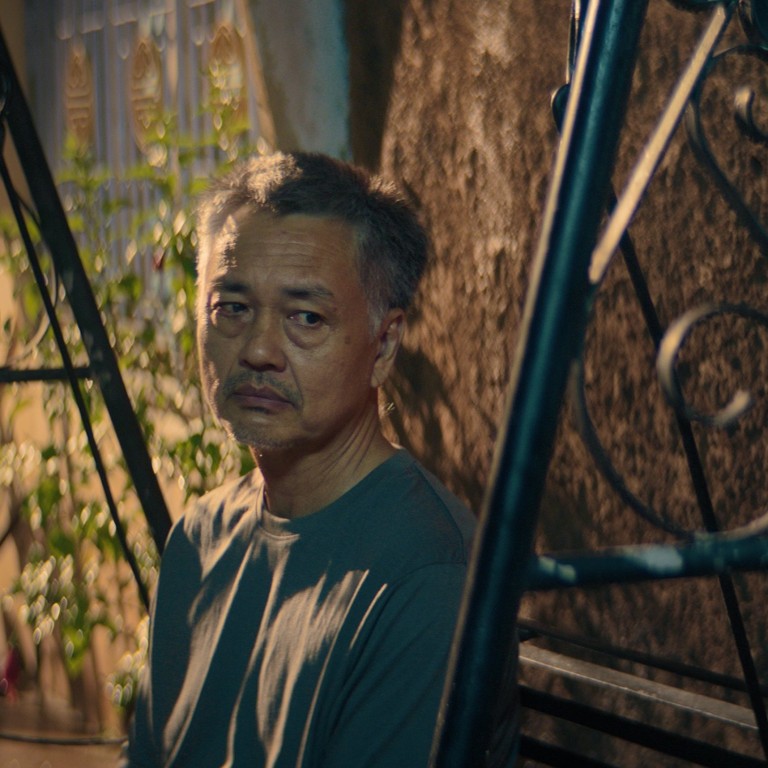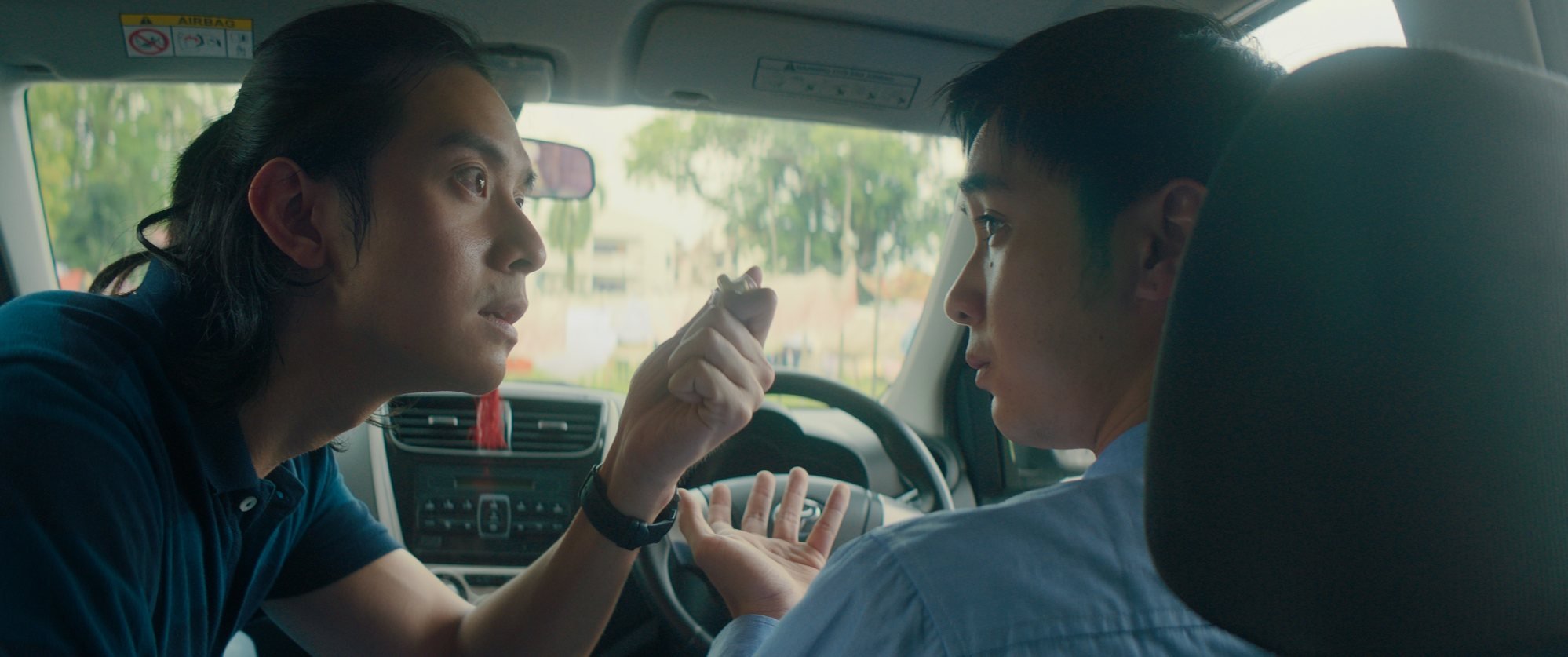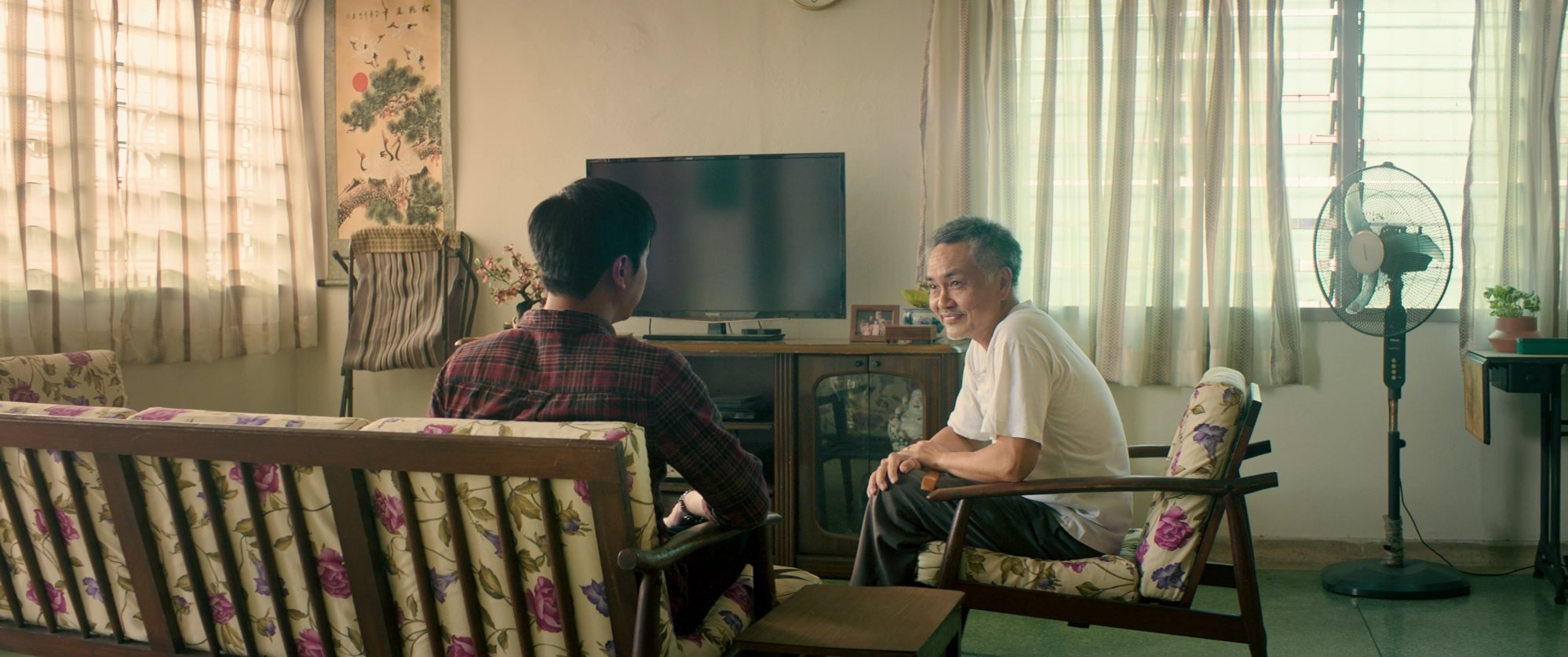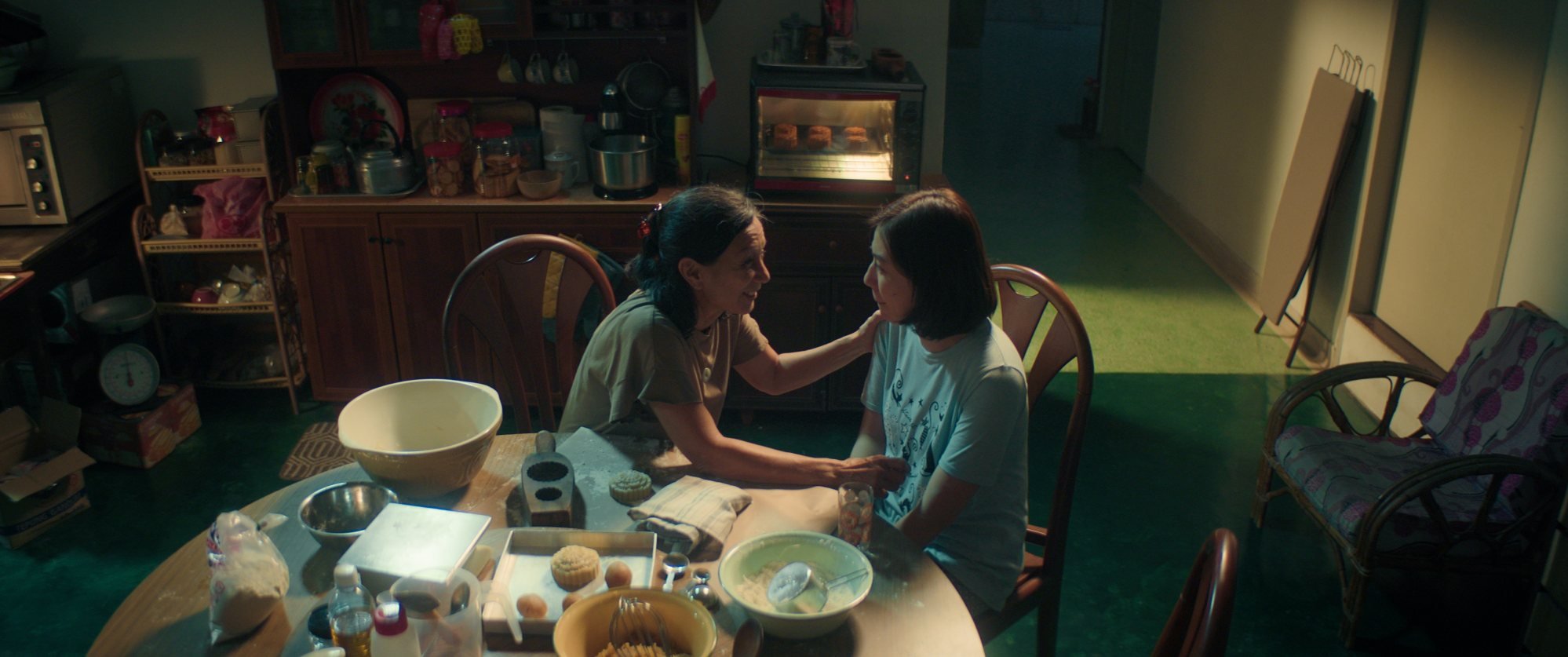
Rain Town, first Chinese-language film directed by a Malay woman – ‘we wanted to break the norm’
- Debuting at the Silk Road International Film Festival, Rain Town is a Cantonese family story set in Malaysia’s Perak state from director Tunku Mona Riza
- She hopes the film will ‘intrigue all races in Malaysia’ and help them better understand Chinese culture
There should be nothing special in seeing a Cantonese-language film debut at a Chinese film festival.
But new Malaysian feature film Rain Town, screening at the Silk Road International Film Festival in Fuzhou, southeast China, this week, is the first of its kind: a Chinese-language film directed by a Malay woman, Tunku Mona Riza.
It is something unheard of in multiracial Malaysia, whose cinema industry is small and segmented into three linguistic and cultural markets: Bahasa Malaysia for the Malay majority, Mandarin or Cantonese for the Chinese population, and Tamil movies and TV shows for the Indian minority.
“I did this film because I would like Malaysians to realise that, as a harmonious multiracial country, we should all be able to narrate stories from other cultures’ points of view as long as one does extensive research and is respectful when narrating his story,” Mona says.

Mona’s films are known for their detailed research and deep insight on true stories and complex topics, such as her debut feature Redha (Beautiful Pain, 2016), the first Malaysian film to tackle the subject of autism.
Redha, a Malay-language film, has won over a dozen awards in Malaysia and internationally. It was also selected as the Malaysian entry in the best foreign language film category at the 2017 Academy Awards and Golden Globe Awards.
“My hope for Rain Town is that it may intrigue all races in Malaysia to come out and watch it [in the cinemas] and get other races to [better] understand the Chinese culture,” Mona says.
“[I also hope it may] inspire other directors and producers to start doing cross-culture [and cross-language] films that reflect what my society is all about.”
A family drama set in the idyllic town of Taiping in Malaysia’s Perak state, Rain Town explores the delicate balance between a father’s ambitions, his children’s dreams and trauma from the past.

Choo, a patriarchal, traditional man, is a lantern maker who constantly keeps his three adult children in check. When tragedy strikes Choo’s wife, the family drifts apart. The growing differences between them make restoring peace a challenging, seemingly impossible task.
“In our country, Malays and other races make Malay-language movies because of the box-office numbers,” says Ku Mohamad Haris Ku Sulong, Mona’s husband and producer of her five films, and a former director of the National Film Development Corporation Malaysia (Finas).
‘Vietnam warfare, but with robots and sci-fi’: Gareth Edwards on The Creator
“We wanted to break the norm by making a Cantonese family story with Chinese culture in it. We want Malaysians to know that as Malaysian filmmakers, we should start narrating each other’s stories, and hopefully, all Malaysians will come to watch and support [Rain Town].
“The main thing is to make good quality films with compelling storytelling.”

Haris’ point about box office numbers was highlighted recently by Malbatt: Misi Bakara, directed by Penang-born Chinese-Malaysian director Adrian Teh. Released on August 24, the Malay-language action film had taken 32.5 million ringgit (US$6.9 million) in ticket sales by September 20, making it currently the fifth highest-grossing local film at the Malaysian box office.
The two highest-grossing local films of all time in Malaysia were both released in the last 18 months: historical action drama Mat Kilau (2022), which earned 85 million ringgit at the box office, and action comedy Polis Evo 3 (2023), which earned 50.1 million ringgit. Both are Malay-language films.
In fact, you have to scroll down to the 18th spot on the list of highest-grossing local films in Malaysia until you get to a Chinese-language feature: The Journey (2014), a Cantonese-language film directed by Chiu Keng Guan that grossed 17.1 million ringgit.

Rain Town will begin screening in Malaysian cinemas on February 8, 2024.
“We are also hoping to be at the Vancouver Asian Film Festival in November 2023 for our North America premiere, and hopefully the Golden Rooster and Hundred Flowers Film Festival in Xiamen,” Haris says.

